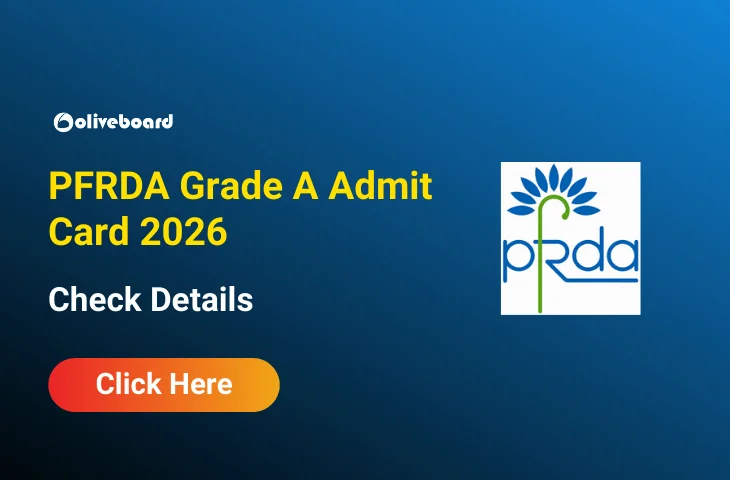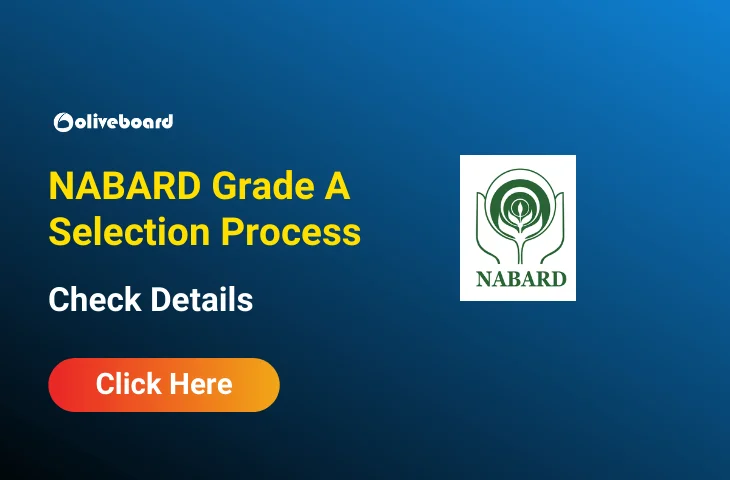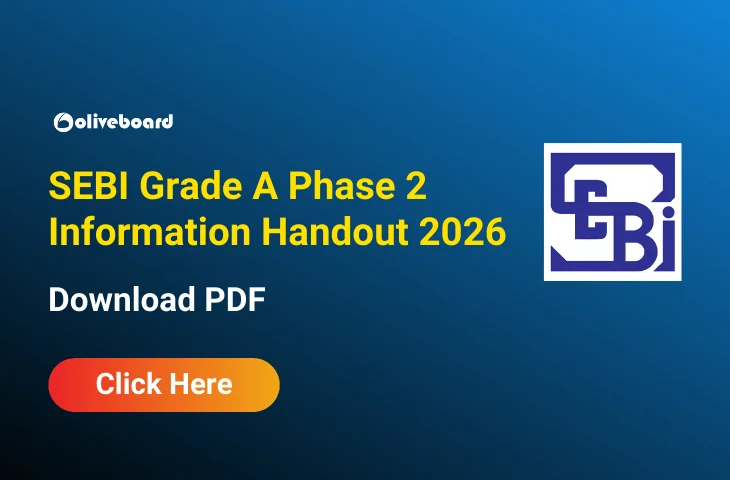The IFSCA Legal Officer (Grade A) exam tests candidates on regulatory, corporate and financial laws that govern India’s financial ecosystem and IFSC operations. Bare acts (the actual statutes) are the single most reliable source for legal questions in Phase-2 Paper-2 and the interview. This article lists the must-read bare acts, explains why each matters, highlights the specific sections/topics to prioritise, and gives practical study tips to master them quickly.
Primary Bare Acts to Master
These statutes form the core of the Legal Stream syllabus and are frequently tested in IFSCA exams:
- IFSCA Act, 2019 – (or the statute governing IFSCA functions) — essential for understanding mandate, powers and regulatory scope of the authority.
- Companies Act, 2013 — corporate governance, board, meetings, share capital, related party transactions, disclosures.
- Securities Contracts (Regulation) Act, 1956 & SEBI Act, 1992 — market regulation, intermediaries, investor protection, offences and penalties.
- Banking Regulation Act, 1949 — banking licensing, regulation of business of banking companies, inspection and control.
- Insurance Act, 1938 & IRDAI Act, 1999 — insurance regulation, solvency, licensing, regulatory powers.
- FEMA, 1999 (Foreign Exchange Management Act) — external transactions, capital account/ current account rules relevant to IFSC transactions.
- Insolvency & Bankruptcy Code (IBC), 2016 — corporate insolvency, resolution, liquidation and related processes.
- Payment and Settlement Systems Act, 2007 & Negotiable Instruments Act, 1881 — payment systems law and negotiable instruments basics.
Secondary & Allied Acts
These are important for depth and linked topics often appearing in application-based/analytical MCQs and interviews:
- Depositories Act, 1996 (dematerialisation, depository functions)
- Pension Fund Regulatory & Development Authority Act (PFRDA) 2013 (pension regulation)
- Payment & Settlement Systems Act, 2007 (already above — read in detail)
- Factoring Regulation Act, 2011 (payments & receivables finance)
- Reserve Bank of India Act, 1934 (central bank powers, monetary/regulatory functions)
- Credit Information Companies (Regulation) Act, 2005 (credit data, CIC functioning)
- Arbitration & Conciliation Act, 1996 (dispute resolution in commercial contracts)
These acts build context for questions on regulatory interaction, jurisdiction, cross-border issues and dispute resolution.
What to read in each bare act?
Below are concise, priority topics to focus on within each bare act — treat these as a checklist.
IFSCA Act
- Objects, functions, powers of IFSCA; rule-making and regulatory powers; enforcement and penalty provisions; jurisdiction over IFSC entities; relationship with other regulators.
Companies Act, 2013
- Important Chapters: incorporation, memorandum/articles, share capital, directors (appointment/responsibilities), meetings, related party transactions, financial statements, audits, corporate governance, offences & penalties (Sections: 2, 149, 152, 173, 185, 188, 177, 248, 139 etc. — flag key sections you find in table of contents).
SEBI Act & SCRA
- Definitions (securities), power to regulate intermediaries, market infrastructure institutions (exchanges, clearing), takeover code basics, insider trading provisions, civil & criminal penalties.
Banking Regulation Act
- Licensing provisions, regulation of banking companies, reconstruction/merger provisions, control and management, inspection and audit authority of RBI.
FEMA, 1999
- Capital vs current account transactions, compounding/adjudication, authorised dealers, cross-border transfers—critical for IFSC/foreign investment questions.
Insurance Act & IRDAI Act
- Licensing, solvency margin rules, regulatory oversight, insurer’s obligations, reinsurance, market conduct.
IBC 2016
- Insolvency resolution process (CIRP), moratorium, committee of creditors, liquidation and cross-border insolvency themes.
Payment & Settlement Systems Act / Negotiable Instruments
- Legal framework for payment systems, finality of settlement, negotiability and liability of parties to instruments.
How to Study Bare Acts Effectively for IFSCA Legal Exam?
A pragmatic 6-step approach:
- Start with bare act preface/Table of Contents — it gives chapter structure and key sections.
- Read authoritative provisions, not commentary first — for exams, the statutory language matters. Highlight definitions and main powers.
- Make a “Key Sections” cheat-sheet — 1 page per act listing the most-important sections and why they matter.
- Use marginal notes & bookmarks in your bare act (or a digital copy) for quick revision.
- Solve applied MCQs & past paper questions after reading each act segment — helps convert theory to practice.
- Combine statute reading with latest circulars/notifications from IFSCA/SEBI/RBI when studying regulatory provisions (a few recent circulars often get referenced in Mains/Interview).
Sample MCQs for IFSCA Legal Officer Exam
Q1. Under the IFSCA Act, 2019, the authority is headquartered at:
a) New Delhi
b) Gandhinagar (GIFT City)
c) Mumbai
d) Hyderabad
Answer: b) Gandhinagar (GIFT City)
Q2. Which section of the Companies Act, 2013 deals with appointment of independent directors?
a) Section 152
b) Section 149
c) Section 185
d) Section 173
Answer: b) Section 149
Q3. The primary purpose of the Securities Contracts (Regulation) Act, 1956 is:
a) Regulation of banking companies
b) Regulation of stock exchanges and securities trading
c) Regulation of foreign exchange transactions
d) Regulation of pension funds
Answer: b) Regulation of stock exchanges and securities trading
Q4. Under the Banking Regulation Act, 1949, who grants licenses to banks for commencing business?
a) Ministry of Finance
b) Reserve Bank of India
c) IFSCA
d) SEBI
Answer: b) Reserve Bank of India
Q5. FEMA, 1999 replaced which earlier law?
a) Indian Contract Act
b) Foreign Exchange Regulation Act (FERA), 1973
c) SEBI Act, 1992
d) Companies Act, 1956
Answer: b) Foreign Exchange Regulation Act (FERA), 1973
Q6. Under the Insolvency and Bankruptcy Code (IBC), 2016, the maximum period for completing the Corporate Insolvency Resolution Process (CIRP) is:
a) 90 days
b) 180 days
c) 330 days
d) 365 days
Answer: c) 330 days
Q7. The Insurance Regulatory and Development Authority of India (IRDAI) was established under which Act?
a) Insurance Act, 1938
b) IRDAI Act, 1999
c) Life Insurance Corporation Act, 1956
d) Banking Regulation Act, 1949
Answer: b) IRDAI Act, 1999
Q8. Which of the following is not a recognised mode of dispute resolution under the Arbitration and Conciliation Act, 1996?
a) Arbitration
b) Conciliation
c) Mediation
d) Litigation in High Court
Answer: d) Litigation in High Court
Q9. The Negotiable Instruments Act, 1881 mainly deals with:
a) Cross-border foreign exchange rules
b) Bills of exchange, cheques, and promissory notes
c) Equity shares and debentures
d) Payment settlement systems
Answer: b) Bills of exchange, cheques, and promissory notes
Q10. Who has the power to regulate financial institutions operating in the IFSC under the IFSCA Act, 2019?
a) SEBI
b) RBI
c) IRDAI
d) IFSCA
Answer: d) IFSCA
FAQs
The key bare acts include the IFSCA Act, 2019, Companies Act, 2013, Securities Contracts (Regulation) Act, 1956, SEBI Act, 1992, FEMA, 1999, Banking Regulation Act, 1949, and the Insolvency and Bankruptcy Code, 2016.
No, candidates should focus on important chapters and frequently tested provisions, especially those related to corporate law, financial regulations, and powers of IFSCA.
Read the bare act language directly, make short notes, highlight important sections, and practice MCQs based on these acts for better retention.
Yes, since the exam pattern is similar, SEBI Legal Officer papers are a great source of practice for the IFSCA Legal Officer exam.
Yes, section numbers are frequently asked in legal officer exams, so memorizing key provisions and sections is important.
- NABARD Grade A 2026 Interview Preparation Tips, Check Details

- PFRDA Grade A Admit Card 2026, Download Hall Ticket PDF

- PFRDA Grade A Apply Online 2026, Online Application Form Link

- NABARD Grade A Vacancy 2026, Post Wise Vacancy Trend

- NABARD Grade A Selection Process 2026, Phase 1,2 & Interview

- SEBI Grade A Phase 2 Information Handout 2026, Download PDF


Priti Palit, is an accomplished edtech writer with 4+ years of experience in Regulatory Exams and other multiple government exams. With a passion for education and a keen eye for detail, she has contributed significantly to the field of online learning. Priti’s expertise and dedication continue to empower aspiring individuals in their pursuit of success in government examinations.
